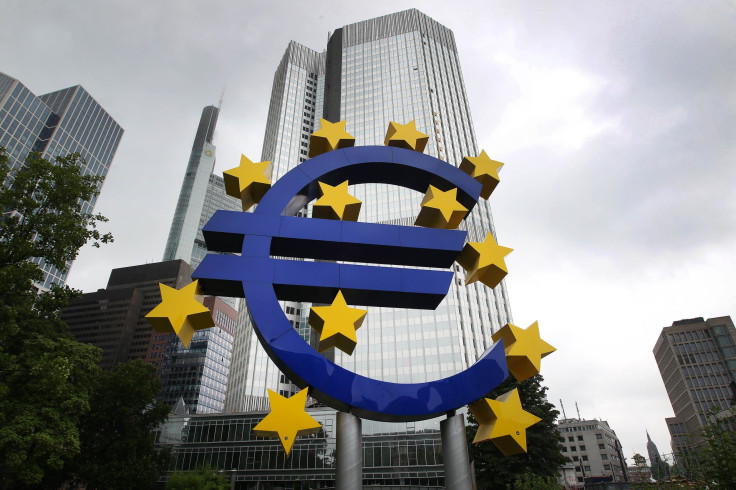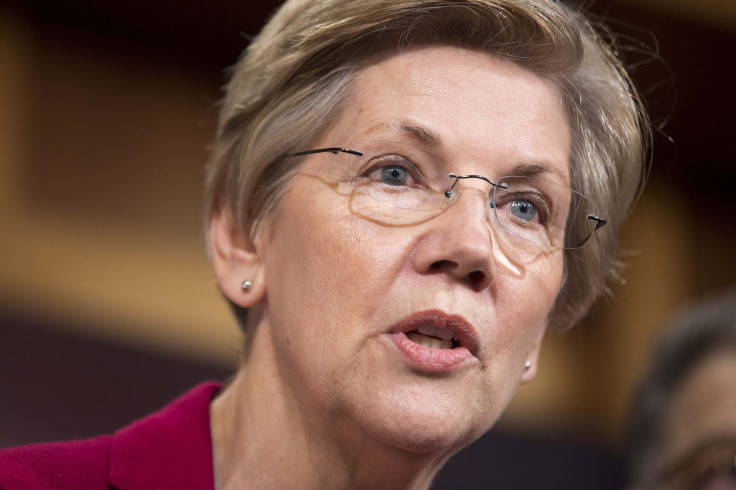Tax Policy Emerges As New Source of Friction As Europe Seeks Additional Revenue From US Multinationals

The 28 nations of the European Union lose up to $1 trillion per year in revenue thanks to multinational corporations that use a spider’s web of completely legal constructs to lower their taxes. Now, Europe’s law enforcers and lawmakers want to wipe away these intricate tax-avoidance systems. If they have their way, it could start with Apple paying $19 billion in back taxes.
The United States and Europe, two parties well-acquainted with trans-Atlantic commercial disputes, are steering toward a new confrontation over the price that U.S. corporations should pay for Europe’s civilized society. A raft of companies, from technology heavyweights like Apple, to financial services firms like American Express to blue chip stalwarts such as IBM, face the pressure of higher taxes in Europe.
Strapped for cash since the 2008 financial crisis strained public finances, EU leaders have devised new taxes aimed at multinational corporations and the money that they earn on European soil but often manage to keep beyond the tax collector’s reach.
One creation was the “Google Tax” in Britain, while another targets Amazon’s revenues in Spain. Not only have they raised taxes, governments have done it in a way that’s not only politically painless but flat-out popular to a European public that can resent the success of U.S. corporate giants.
“I foresee the Europeans being very aggressive on this front,” Catherine Schultz, vice president for tax policy at the National Foreign Trade Council, said. “We expect additional taxes, and more aggressive auditing.”
The emerging wrangle highlights how the United States and Europe have diverged in their approach to tax policy since the Great Recession, when governments on both sides of the Atlantic sought to contain a sea of red ink. In Europe, the political consensus has tilted toward broadening the tax base, particularly if it involves defeating tax avoidance strategies of non-European companies. In the U.S., Congress and President Barack Obama are mulling changes that would lower corporate tax rates.
In the complicated, lawyer-laden and highly political world of international taxation, the developments have created new potential for conflict between the European capitals and Washington -- and also within the United States. As European governments reach for money accumulated by U.S. companies, the risks are rising that the U.S. government could be drawn into the dispute.
Increased European taxes could reduce the U.S. Treasury's take, raising pressure on Congress to pass comprehensive corporate tax reform. Republicans who control Congress have sought legislation that would lower overall rates, a goal shared by the Obama administration. However, a prominent Democrat, Sen. Elizabeth Warren of Massachusetts, is attempting to rally liberal lawmakers against the proposed changes, effectively lining up in support of Europe’s efforts and demanding similar action in the United States.
Political momentum toward tougher taxation of major multinational corporations is quickening as a result of a recent decision by the Group of 20 countries at a summit in Turkey to lift the veil on the use of shell companies in low-tax nations. It will begin with tougher reporting requirements on how and where international companies pay their taxes, but is likely to continue with much tougher rules in Europe, said Michael Theurer, a member of the European Parliament, who authored a major report on the subject.
“The European Union must be a front-runner in the fight against tax evasion and avoidance and this is the way to go,” Theurer said.
Two years ago, members of the Organization for Economic Cooperation and Development (OECD) began a highly technical exercise to develop ways to curtail this type of tax avoidance. The “base erosion and profit shifting” exercise -- BEPS for short -- came about three years ago in response to widespread public disgust with the low taxes paid by major multinationals. The OECD wrapped up its work in October, and the G-20 endorsed it, a move that opens the door to further European action, according to European officials.
Business groups give high marks to the Obama administration for ensuring that the BEPS exercise didn’t directly target U.S. companies. But they concede that the G-20 endorsement will put wind in the sails of European lawmakers who believe it’s time to crack down.
“It’s very hard then for leaders to say, ‘Hey, we are for tax base erosion,’” Schultz said. “A technical tax issue became wrapped up in a political process.”
The U.S. government’s registry of lobbyists underscores corporate America’s pressing interest in BEPS, an otherwise obscure acronym. Individual companies, including Shell Oil, American Express, Dow Chemical and Pfizer, report following the issue, as do leading lights of Washington’s lobbyist industry. Major business groups such as the Business Roundtable and the National Association of Manufacturers also track the matter, according to the U.S. Senate's lobbying disclosure database.
The emerging U.S.-European wrangle dovetails with furious public controversy that erupted in 2014 when a consortium of investigative journalists reported how companies, including Disney, Apple and Microsoft, exploited a loophole that let them route revenues through legal constructs in Luxembourg to avoid taxes in other European countries. Strains of resentment towards the hegemony of U.S. tech giants also animate the European effort. French officials, for example, sometimes refer to Les Gafa, shorthand for Google, Apple, Facebook and Amazon.
The result has been a series of measures tailor-made to broaden the tax base. In Britain, the conservative government of David Cameron passed what’s popularly known as the “Google Tax,” which the search engine giant began paying in May. In Spain, Amazon now pays its own eponymous tax on sales in that country.
At the same time, the European Union in Brussels is going after other types of tax benefits. Margrethe Vestager, the EU's top antitrust official, in October ordered Starbucks to pay back about $30 million in what she termed illegal tax breaks from the Netherlands. A similar case involving Apple in Ireland is pending.
To U.S. business, this kind of approach, in which brand-name American companies become the poster children for higher corporate taxes, reeks of unfair treatment.
“It’s like an Irish bar fight,” said Grant Aldonas, founder of Split Rock International, a consultancy in Washington. “When the fight breaks out, you look for someone you really don’t like and slug them.”
Whether and how European tax measures erupt into open conflict between the United States and Europe may turn on how directly the effort targets U.S. companies in particular, Aldonas said. An underlying principle of tax treaties and international trade agreements is nondiscrimination -- the idea that foreign companies shouldn’t face a different set of rules for doing business in another country.
But the European effort falls on sympathetic ears among activists who have sought to highlight the reliance of corporate America on tax havens, and would like to see a similar approach in the United States.
“The Europeans are not going after the untaxed revenue of American companies in particular," said Clark Gascoigne, deputy director of the Washington-based FACT Coalition, an umbrella group of activists. “They are going after revenue that has been drained out of their countries.”
Warren, the Massachusetts senator, argued that the United States should emulate policies aimed at broadening the tax base, not avoid them. In a recent speech, she blasted the overall thrust of the corporate tax reform being discussed in Congress.

A principal rationale for U.S. corporate tax reform has been that the top rate, 35 percent, is the highest in the industrialized world. However, the effective tax rate for U.S. companies, taking into account deductions and the like, is below 30 percent, according to most experts.
She accused the business lobby of manufacturing a reason -- high nominal tax rates -- to force changes to U.S. laws that would ease tax burdens at a time when other countries are cracking down.
“Their strategy is simple: tell a story about high U.S. taxes, demand tax cuts from the U.S. Congress and threaten to leave the U.S. for good if they don’t get what they want,” Warren said.
While other lawmakers might not agree with Warren’s critique, public revulsion at corporate tax avoidance is strong, according to opinion surveys. Strong majorities believe that corporations pay too little tax, and that rates should rise to finance other priorities, such as education and infrastructure, creating an opening for Democrats like Warren to stall the tax reform corporate American would like.
“Raising the profile of this issue is always a positive,” Gascoigne said. “The lower the profile, the easier it is for the companies and their lobbyists to get away with these practices.”
© Copyright IBTimes 2024. All rights reserved.











